Western Sahara independence leader lands in Algiers amid diplomatic row between Morocco, Spain
Brahim Ghali, the leader of the Western Saharan independence movement has arrived in Algeria, amid an escalation of tensions between Morocco and Spain over his reception for medical treatment by the latter.
Ghali, the secretary-general of the Algeria-backed Polisario Front and president of the Sahrawi Arab Democratic Republic (SADR), landed in the capital Algiers on Wednesday, a few hours after Spanish judges allowed him to leave Spain.
He was the subject of two investigations in Spain, relating to allegations of torture, genocide, murder, terrorism and disappearances.
"He arrived safe and sound," Jalil Mohamed, the Polisario Front's spokesman in Spain said.
Ghali, who had been receiving treatment for coronavirus at a hospital in Spain's Rioja region, appeared at a high court hearing in Spain on the war crimes case via video conference on Tuesday.
He denied the allegations against him as he testified from the hospital.
Following the hearing, the judges did not impose any restrictions on the Polisario leader and allowed him to leave the country.
In a statement released on Tuesday, the Spanish Foreign Ministry said Ghali "planned to leave Spain tonight on a civilian plane from Pamplona airport", adding that it had informed Morocco of the decision.
It also stressed that "Mr Ghali's freedom of movement is not limited" because the judge had not ordered him into custody.
Morocco had already warned that it may go as far as severing ties with Spain if Ghali left the country the same way he entered, without a trial.
Back in May, Morocco protested to Spain for allowing its arch-enemy Ghali to enter the country allegedly with forged documents.
Spain’s decision to host him prompted the African country to demand that Madrid conduct an investigation and submit its results to the Moroccan government.
The Algeria-backed Polisario Front, which represents the indigenous Sahrawi people, seeks the independence of the resource-rich Western Sahara region from Morocco.
The Sahrawi movement, which controls one-fifth of the disputed Western Sahara with additional pockets of control in the Sahrawi refugee camps along the Algerian border, has for decades been aiming to gain international recognition of Western Sahara as an independent Democratic Arab state.
However, negotiations between Morocco and the Polisario under the aegis of the United Nations, with Algeria and Mauritania as observers, have been suspended since March 2019.
Morocco, in recent years, has also gained recognition of its claims over the disputed Western Sahara region from several other countries that opened diplomatic offices there.
The Polisario Front considers the recognition of Moroccan sovereignty over Western Sahara as a “violation of international law and an attack on the legal status of Western Sahara as a non-autonomous territory.”
Morocco is currently in control of 80 percent of the region, including its phosphate deposits and fishing waters.
The UN has deployed the peacekeeping mission, MINURSO, to the region to monitor a 1991 ceasefire and to supposedly organize a referendum on the region's status.
Tensions have also been running high between Spain and Morocco over the issue of refugees recently crossing from Morocco into Spanish territory.
Last month, the Spanish North African enclave of Ceuta saw an unprecedented influx of migrants crossing from Morocco. That was seen as retaliation for Spain's decision to discreetly admit Ghali into the country.
Spain has sent most migrants who crossed into Ceuta back to Morocco.
Democrats threaten govt. shutdown after second ICE killing in Minneapolis
MSF to disclose limited list for Gaza staff after Israel revoked its aid licenses
VIDEO | India defies Western push at UN Rights Council on Iran
Cuba's president observes drills, vows high cost for any US aggression
Iran dismisses Nazi-style propaganda on riot death toll
Israel kills more civilians in Gaza amid relentless ceasefire violations
VIDEO | Press TV's news headlines
Israeli soldier fakes kidnapping of Palestinian to extort family


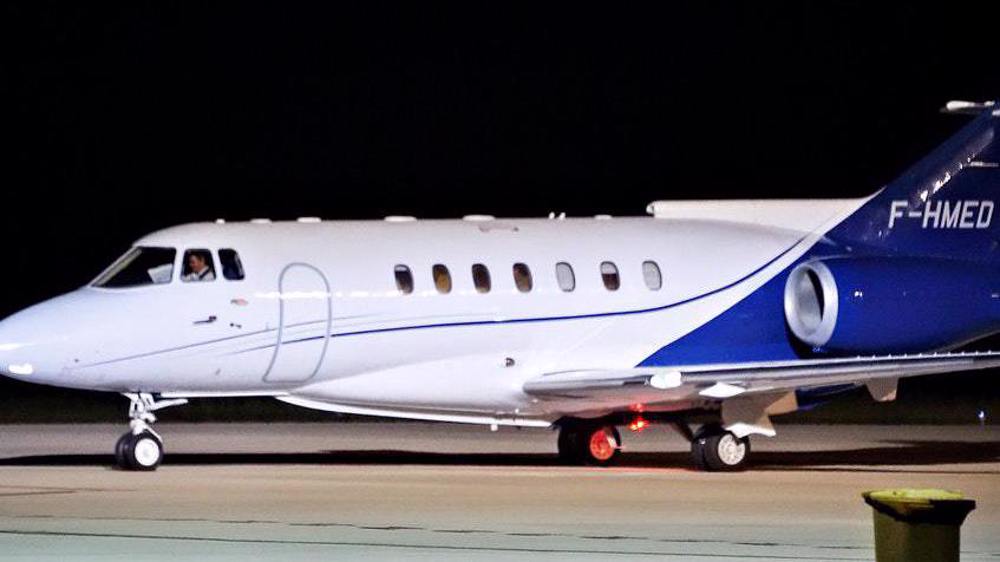


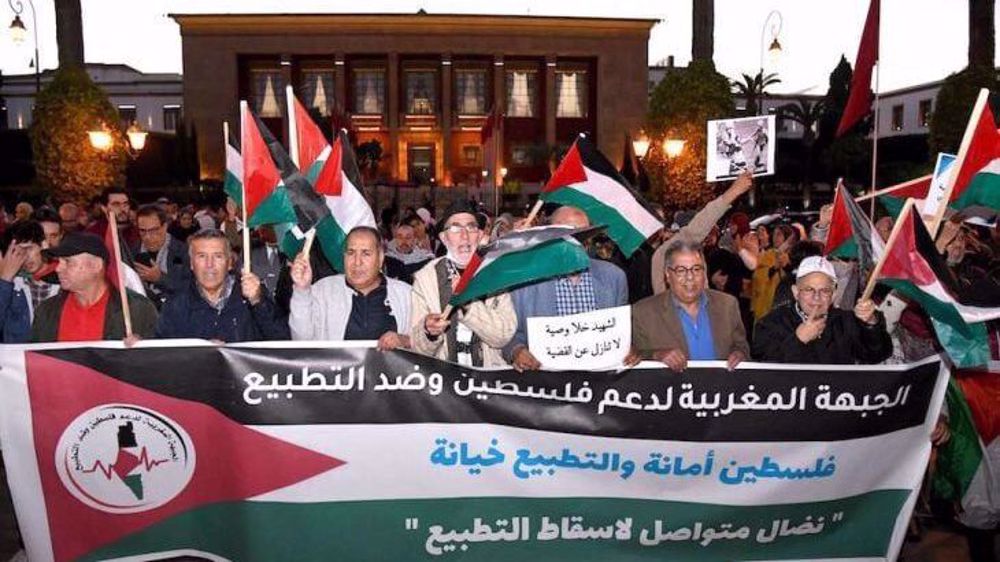
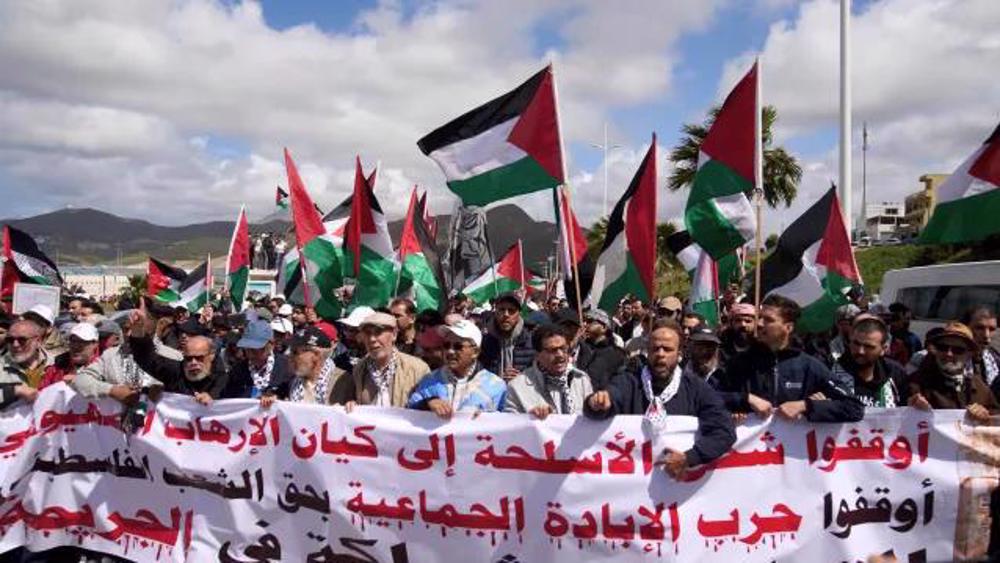
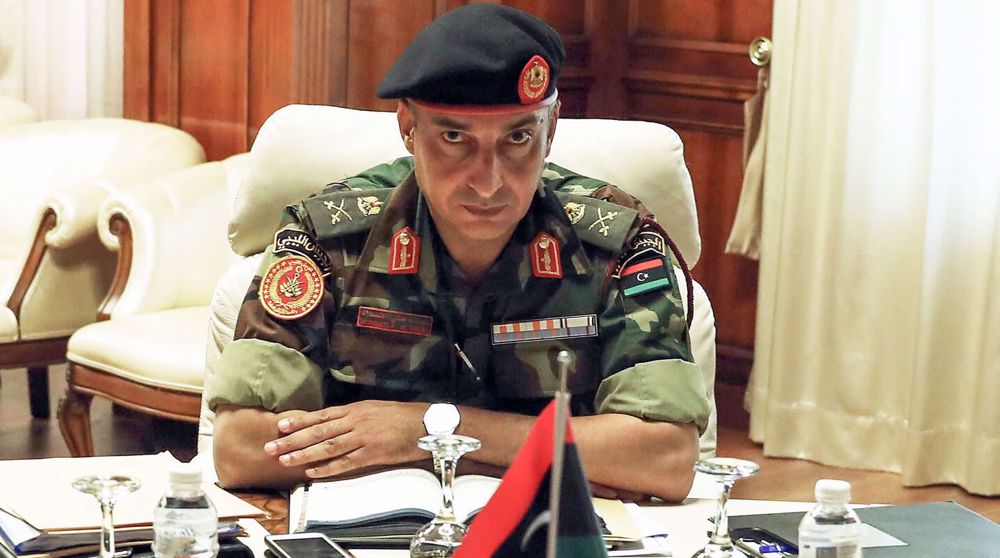



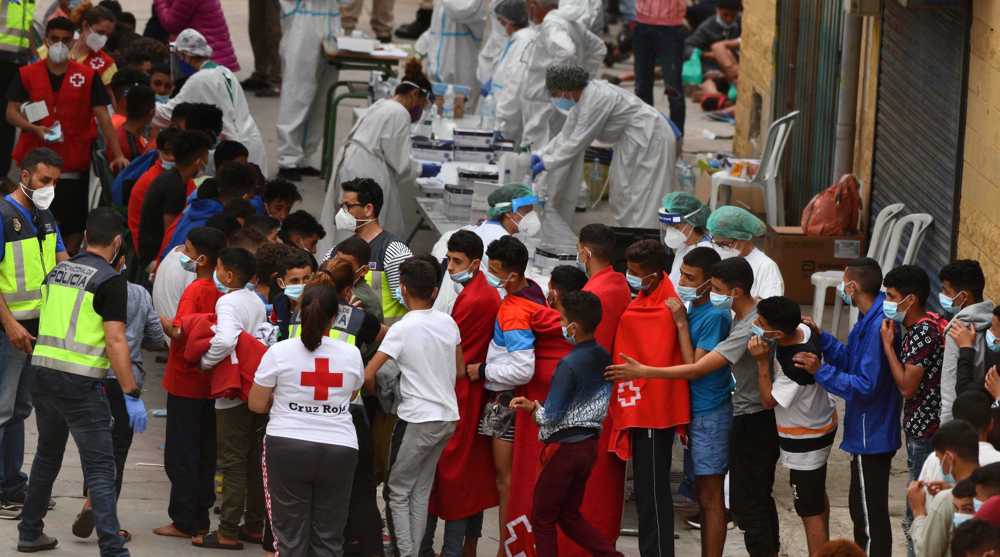
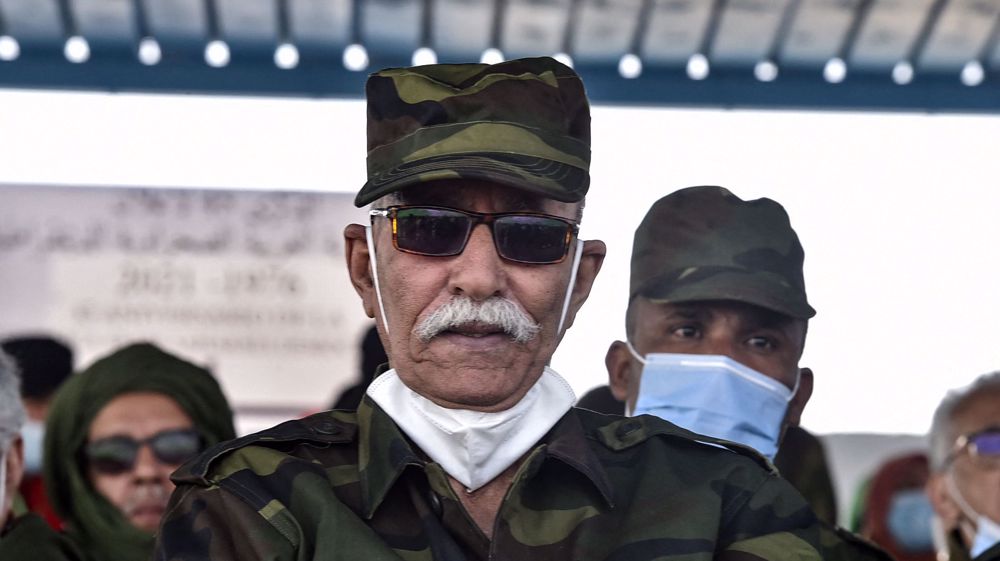
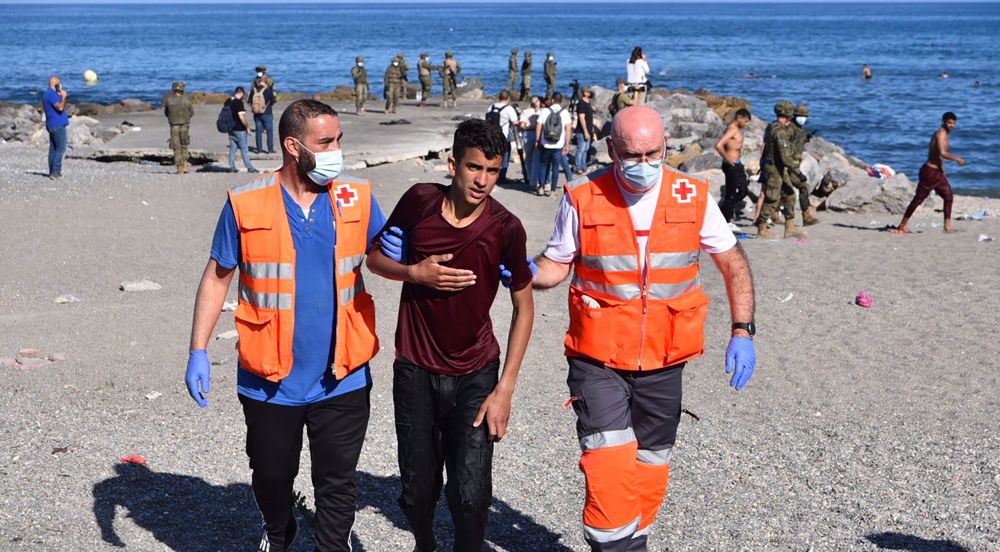

 This makes it easy to access the Press TV website
This makes it easy to access the Press TV website